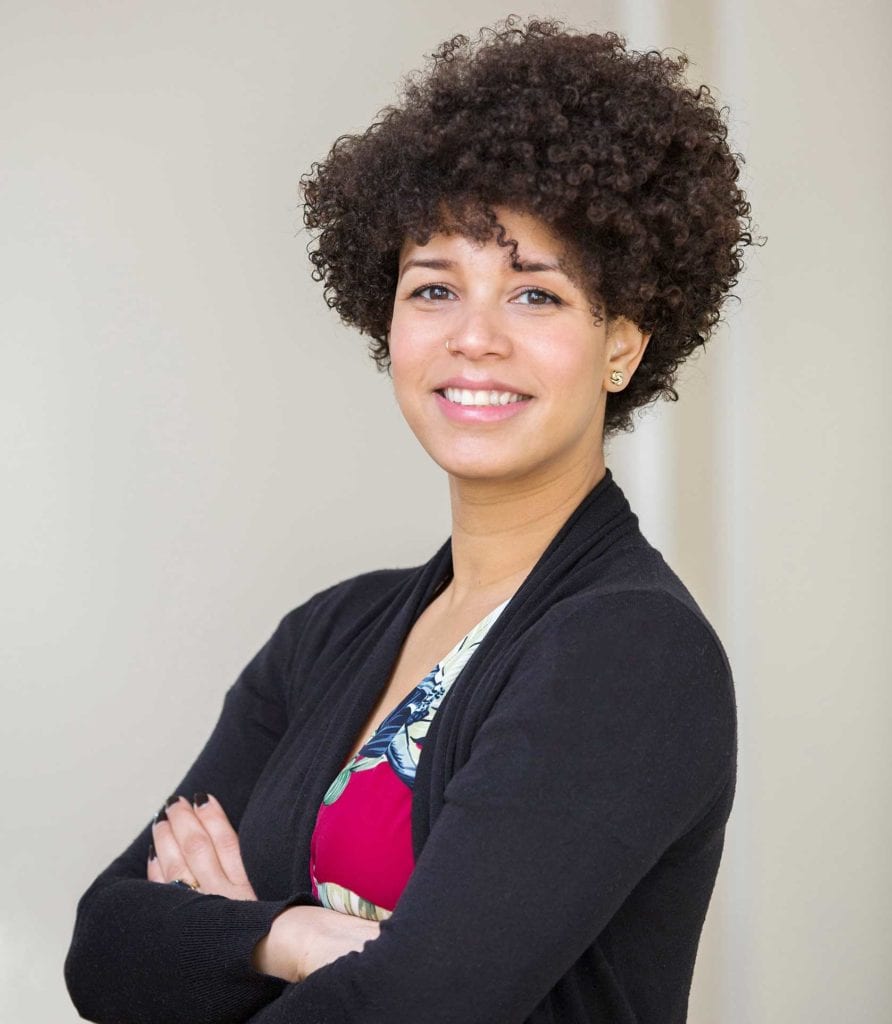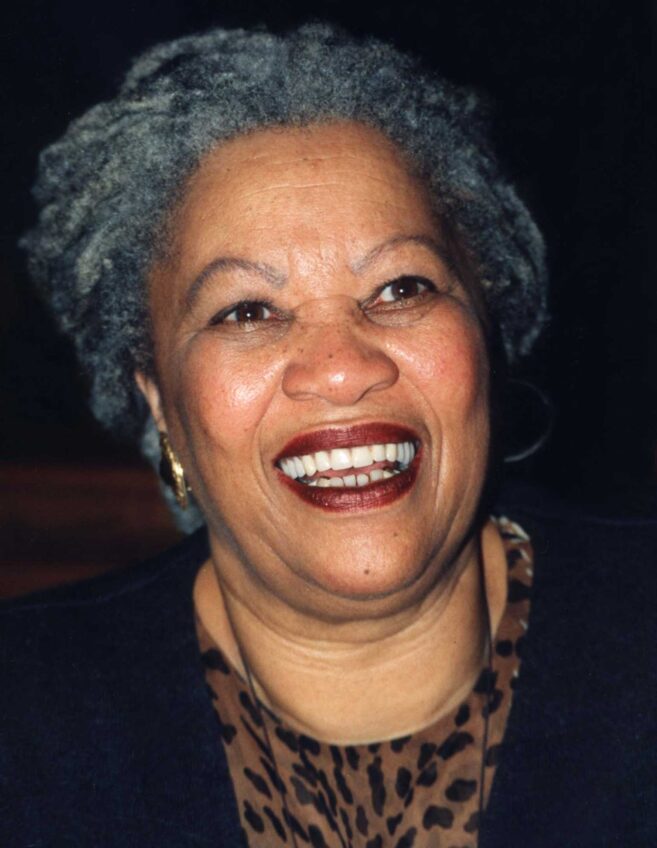
As one of the highest-income states in the country, people might think Massachusetts leads the nation in bold initiatives like universal childcare, debt-free college, and electrified high-speed rail across the state. Instead, year after year, we defer these dreams.
There is a growing consensus among voters, legislators, grassroots organizing groups and the business community that our state cannot continue a decades-long pattern of underinvesting in our infrastructure and our people. This growing consensus includes a recognition of the need for substantial new revenue. Take, for example, nearly 20,000 low-income children waiting for early education and care vouchers. Or consider that, despite our growing demand for affordable housing, the Massachusetts Rental Voucher Program only supports a little more than half the number of vouchers it did in 1993. Also, under current projections, the MBTA hopes to clear its backlog of repairs by the time current toddlers are 25 years old. The list goes on.
One recent proposal for new revenue comes from some members of the business community and the Legislature. This proposal focuses heavily on higher gas taxes and user fees. Massachusetts Budget and Policy Center research has shown these taxes disproportionately impact low-income households and communities of color. Relying on these types of regressive taxes — ones that ask those with lower incomes to contribute the larger portions of their income — would make our already upside-down tax system still more unfair. Instead, as the Commonwealth looks to generate new revenue, the focus needs to be on progressive revenue options, ones that will help flip our system right-side up.
The good news is that legislators have a menu of options to choose from. Even as the Fair Share Amendment — a proposal to place an additional tax on income above $1 million — gathers fresh momentum for a potential vote in 2022, it is worth exploring some of these other progressive sources of new revenue.
As Beacon Hill leaders look ahead to the fiscal year 2021, there are many sensible tools they could employ to raise new revenue. Our report, 14 Options for Raising Progressive Tax Revenue, lays out a range of such options. Some would help patch the ongoing fiscal leaks from declining income tax rates. Others would eliminate obscure provisions in our tax laws — ones with little economic justification — that provide large tax breaks to those most able to pay. All the options would provide additional public resources and make our tax system more fair.
One option would be to review and reform our business tax code. Currently, a handful of special business tax breaks — given to a few select industries or for specific types of business activities — cost our state over a billion dollars a year in much-needed taxes. The evidence strongly suggests that these corporate tax subsidies are an expensive and inefficient way to generate and retain good jobs or to strengthen our economy.
Business taxes can also be better targeted to those most able to pay. Since 1989, the minimum tax Massachusetts corporations pay, regardless of their size, is $456. The most recent data available (2007) show that hundreds of companies in Massachusetts, each with over $1 billion in sales, paid only this minimum amount. A tiered corporate minimum tax would ensure that larger corporations pay in proportion to the size of their business in our state, while small businesses could continue paying the current minimum. Other states do this, and we could too. In short, as Beacon Hill leaders look ahead to 2020 and beyond, there are many sensible tools they can employ, ones that can raise substantial new revenue and do it in ways that make our tax system more equitable.
In Massachusetts, we take pride in our ability to dream big and innovate. But investing in big dreams and innovative policy solutions doesn’t come for free. Only by taking confident and courageous steps toward raising substantial new revenue can we turn our bold ideas into a brighter tomorrow for all Massachusetts people.
Marie-Frances Rivera is President of the Massachusetts Budget and Policy Center (MassBudget). MassBudget is a think tank advancing policy solutions to create an equitable, thriving Commonwealth for all. MassBudget’s work is used by community leaders, the media, policy makers and issue advocates, and is publicly available to all.






